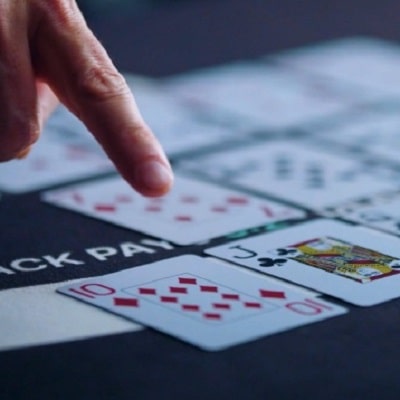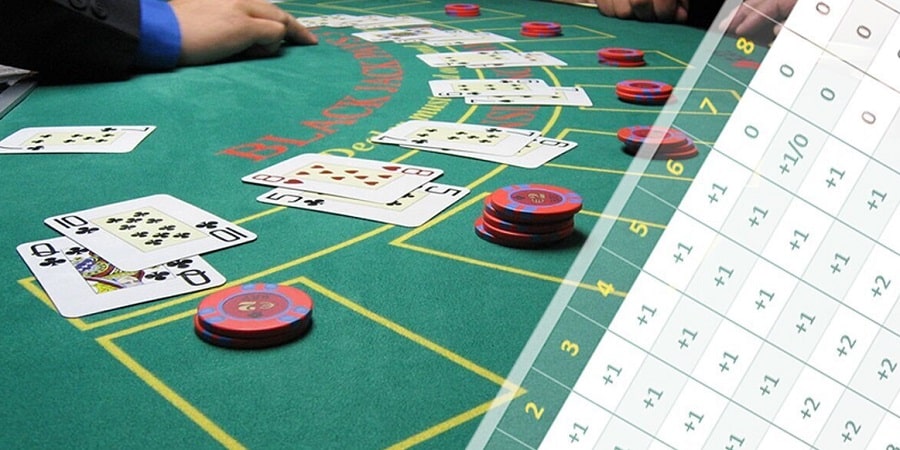Why Count Cards in Poker?

Poker is a game of strategy, wit, and, most importantly, information. Every piece of data can be crucial, and one of the most effective tools in a poker player’s arsenal is card counting. While it’s famous in games like blackjack, card counting in poker is a different beast altogether.
Card counting in poker doesn’t involve remembering every card that has been played, as is commonly thought with games like blackjack. Instead, it revolves around calculating the odds of making a winning hand based on the available information. By counting cards, a player can:
- Estimate their Odds: Determine the likelihood of completing a winning hand.
- Make Informed Decisions: Decide whether to bet, call, raise, or fold.
- Maximize Profit: By understanding their odds, a player can make more profitable long-term decisions.
What Are the Outs?
“Outs” in poker refer to the cards that will improve a player’s hand, potentially making it the winning one. For instance, if a player is one card short of a flush, then any card of that suit not yet visible becomes an “out” for them. Counting outs is crucial in card counting as it helps gauge the probability of getting a desired hand. On the casino site maria-casino.net, a mechanism has been implemented that helps to count all outs – this facilitates the gameplay for beginners.
How to Count Cards in Poker?
- Identify Possible Outs: Recognize the cards that can help complete your hand.
- Calculate the Odds: Use the number of outs to calculate the probability of getting one on the next card.
- Factor in the Community Cards: In games like Texas Hold’em, remember to consider community cards when counting outs.
- Adjust for Visible Cards: In games where certain cards are visible, like in Seven-Card Stud, adjust your calculations based on the known information.

How Fast to Make Calculations?
Speed is of the essence in card counting. While the math is not too complicated, doing it quickly under pressure can be challenging. Here are some tips:
- Practice Regularly: The more you count cards, the faster you’ll get.
- Use Memory Aids: Memorize common scenarios and their probabilities to reduce on-the-spot calculations.
- Stay Calm: Stress and panic can slow down thinking. Maintain your composure for swift calculations.
Conclusions
Counting cards in poker is about understanding odds and making informed decisions based on the best available information. It’s an invaluable tool for those who want to take their poker game to the next level. While it takes practice and quick thinking, mastering card counting can dramatically elevate a player’s performance on the table.
